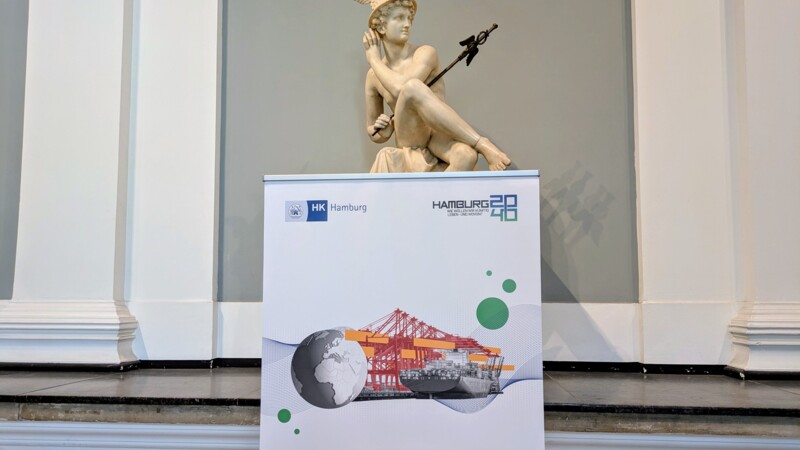A kick-off meeting in February 2025 was followed by eight days of workshops in April. Gebr. Heinemann, Buderus, Dachser and Marx, cluster employees, four creative urban planning professionals, product designers came on board while Hamburg Kreativ Gesellschaft moderated the entire process. Initially, a meta-level was adopted and worst and best-case scenarios identified, such as a severe shortage of resources or an abundance of green energy, said Tjaden. "We tried to position ourselves in this field of tension and then incorporated further challenges, which we played through in different combinations. These included the shortage of skilled labour, connectivity and staff catering. But ultimately, energy sharing emerged as the issue which we will pursue." A feasibility study on the economic and regulatory aspects of energy sharing is currently being preparared. "In addition to energy generation, the potential for energy supply, for instance, through heat pumps and battery storage, will also be analysed," said Tjaden.
Heinemann's 46,000 square metre warehouse in the Allermöhe business park is equipped with a photovoltaic system, which does not meet the local travel retailer's energy requirements. Yet, the neighbouring companies Buderus and Dachser produce more green electricity than they need. This surplus has led to sharing, which is just one idea behind the "Cluster Bridge", developed as part of KLIMAready. "The Cluster Bridge is a cross-cluster project funded by the EU and the City of Hamburg, in which Hamburg's industry clusters promote climate protection in various fields. In our case, we focussed on preparing the Allermöhe business park for the future," said Jürgen Tjaden, Project Engineer at Gebr. Heinemann.
From meta level to sharing energy
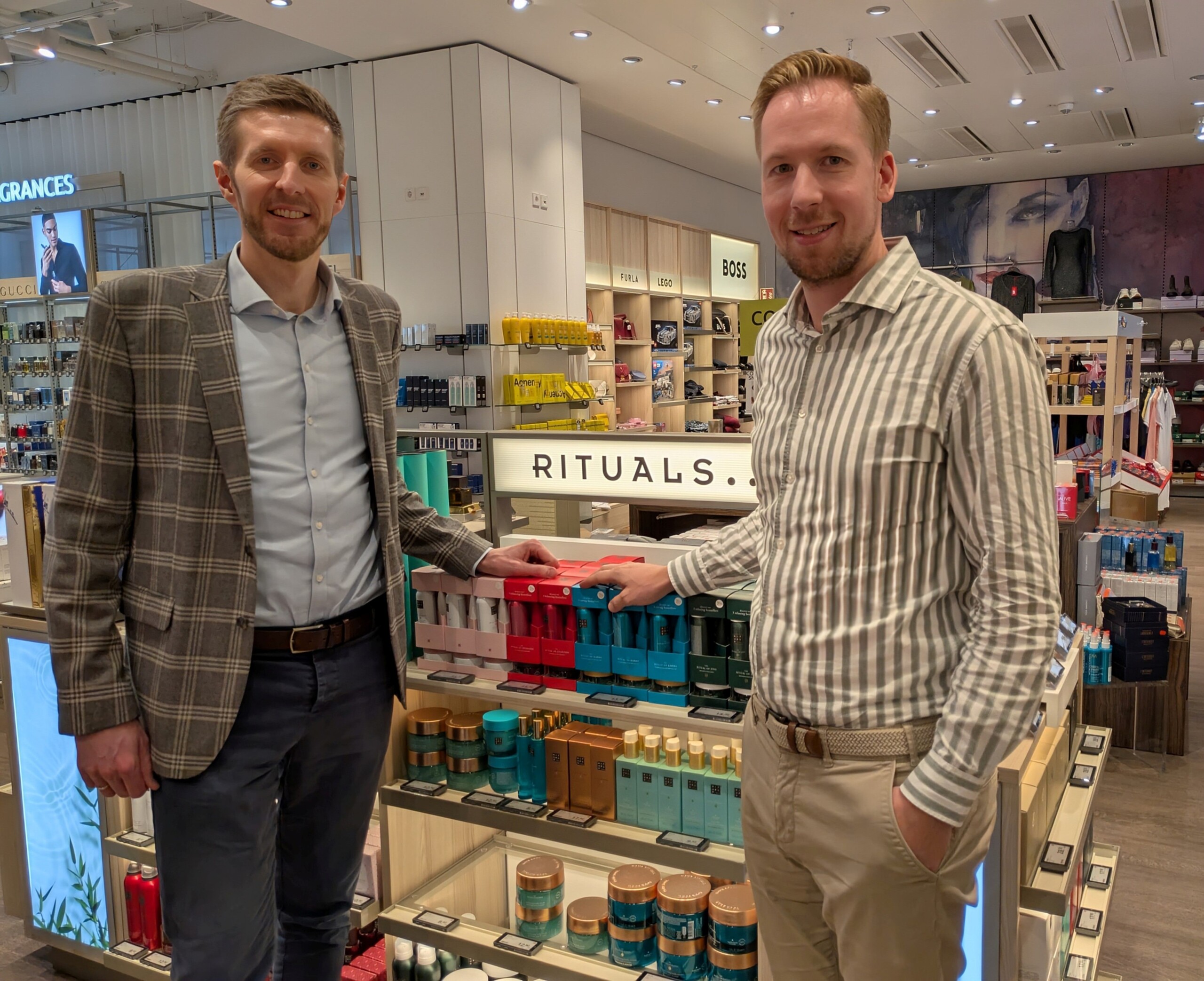
Different perspectives
The collaboration in the Cluster Bridge proved challenging, but above all rewarding, said Tjaden, 37. "It has always required a leap of thought to examine the topics from different angles and phrase them in a generally understandable way." However, the interdisciplinary composition of the project team led to real added value, he stressed. "The external perspective of the participating companies and the creative individuals has added valuable new approaches. Energy supply is not a new challenge, but we have come up with new solutions together."
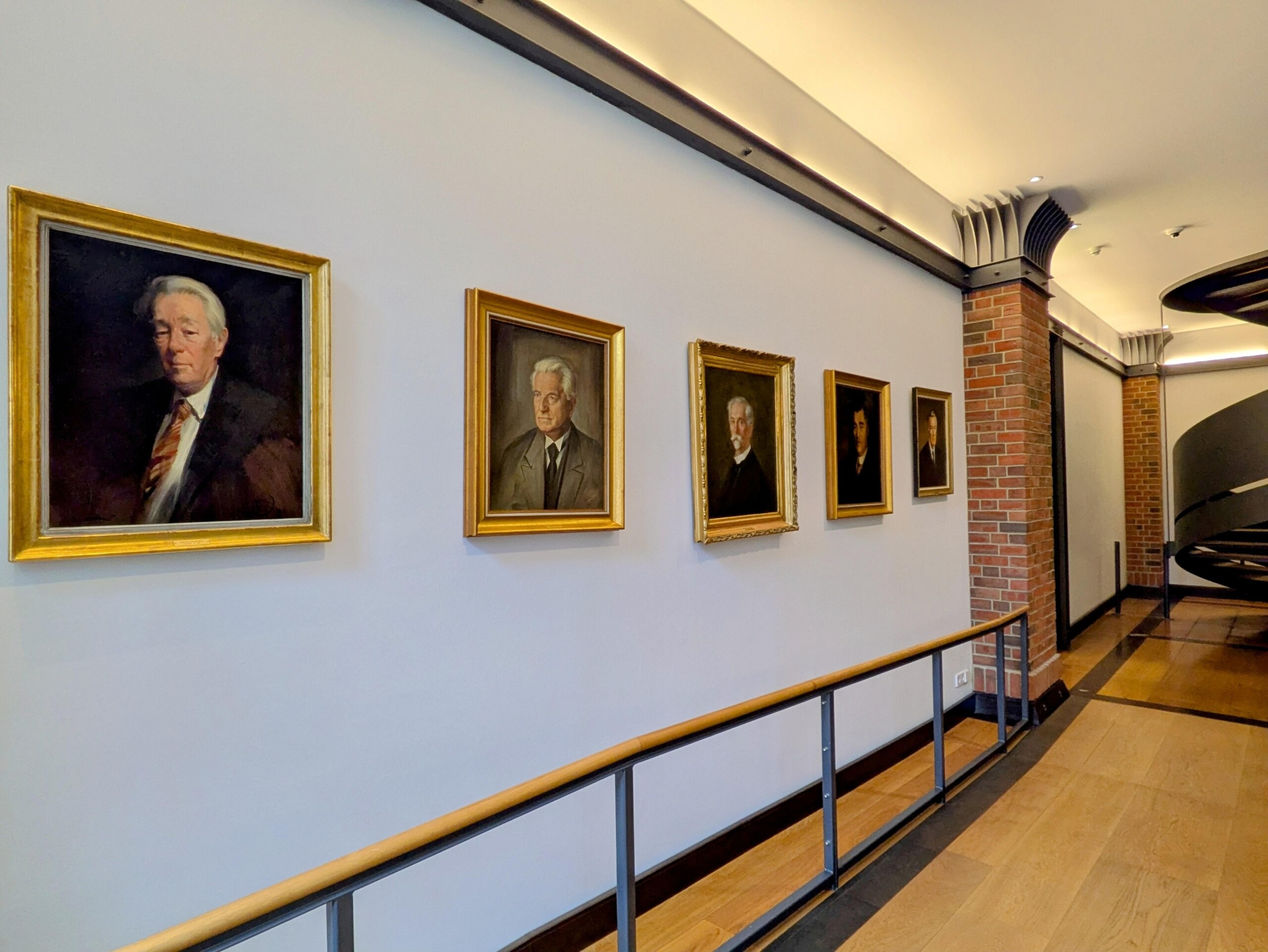
Family business in fifth generation
"Finding solutions to societal and social challenges is part of the company's DNA,” said Joel-Florian Beck, Head of Corporate Sustainability at Gebr. "As a fifth-generation family business, social responsibility is deeply rooted in our DNA." Founded on November 1, 1879, by Carl Friedrich Eduard Heinemann and Heinrich Christian Carl Heinemann as a ship chandler for duty-free and tax-free consumer goods, the company now has duty-free shops in airports, at border crossings and on cruise ships in more than 100 countries. Gebr. Heinemann generated sales of €4.3 billion in 2024 - a rise of 21 per cent over the previous year, and employs over 10,000 people across the group.
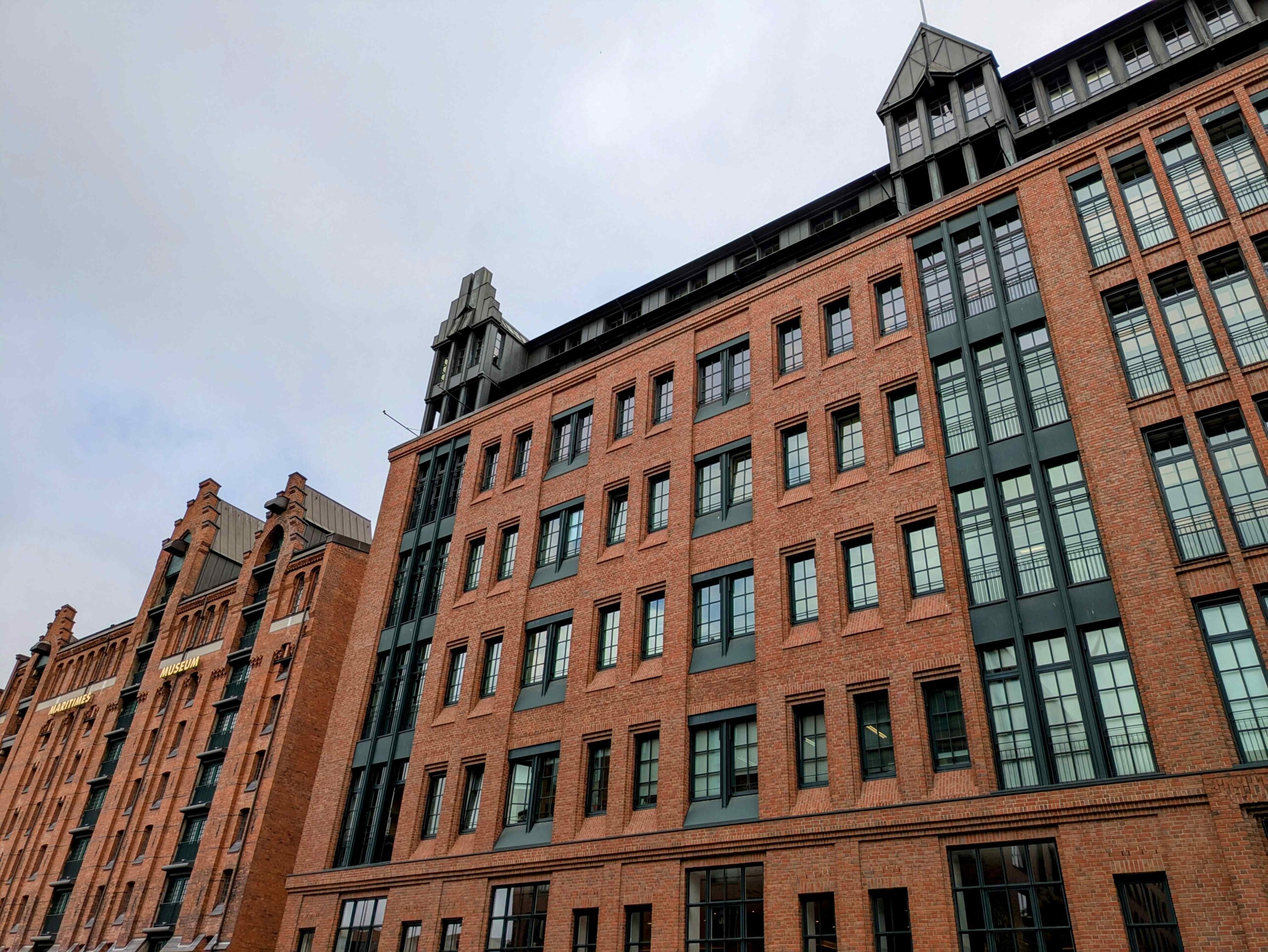
Net zero emissions by 2030
The airport shops generate 72 per cent of sales, while the cruise business accounts for 6 per cent. Both business divisions have been criticised in terms of environmental and climate protection. "This is precisely why we are trying to make our company as climate-friendly as possible and are committed to the 1.5-degree target reached by the Paris Climate Agreement," said Beck. Heinemann is now aiming for net-zero emissions as part of Scope 1 and 2 by 2030 and to halve Scope 3 emissions over 2019 levels. The company is already "halfway towards this goal", said Beck and highlighted various approaches. "Almost all of the electricity used at our sites is green, and we are increasingly relying on HVO (a biofuel obtained from waste and vegetable oil) to fuel our lorries." Other factors include reducing and switching to recyclable packaging, using environment-friendly materials in shop design and involving suppliers. "We award a sustainability score for our product range, which includes positive criteria such as Fairtrade or organic. In future, we will prioritise high scoring products. Customers can use a QR to check the score." Such ambitious goals can only be achieved in partnership and through a holistic sustainability strategy. 'KLIMAready is a key component of this strategy.”
ys/pb
Sources and further information
More
Similar articles
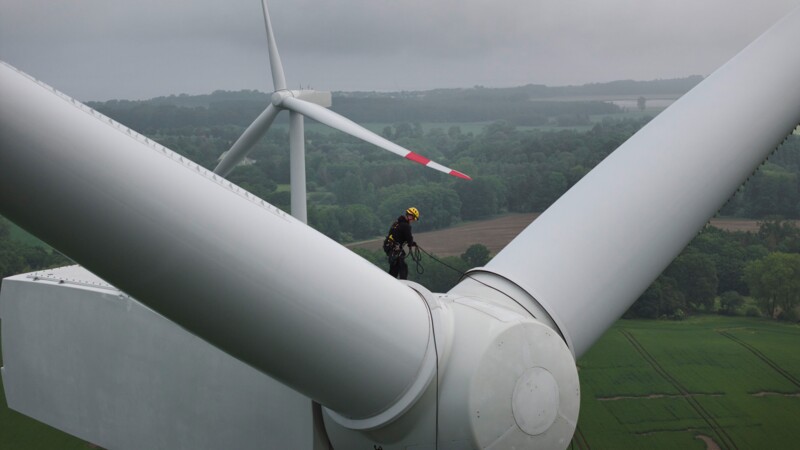
Path to successful energy transition
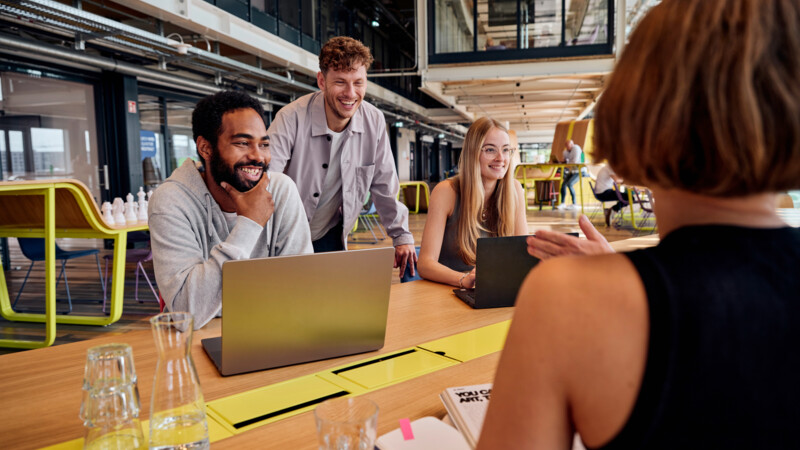
Scaleup Hamburg bringing greentech innovations to Hamburg
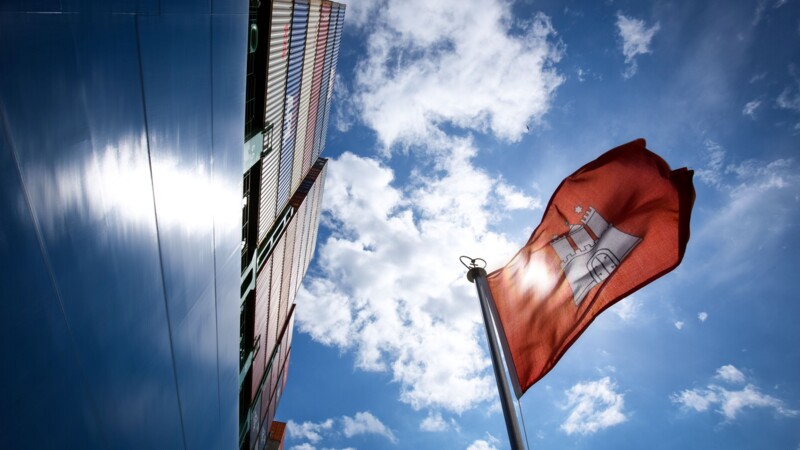
New retail opportunities despite difficult partners?
